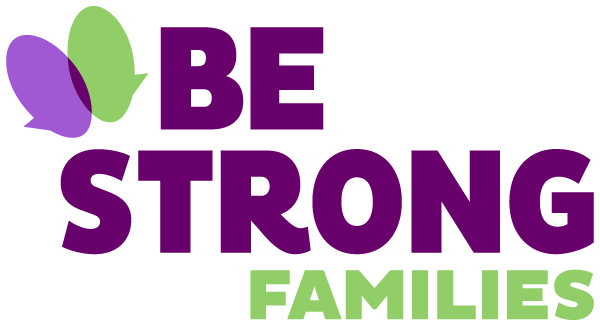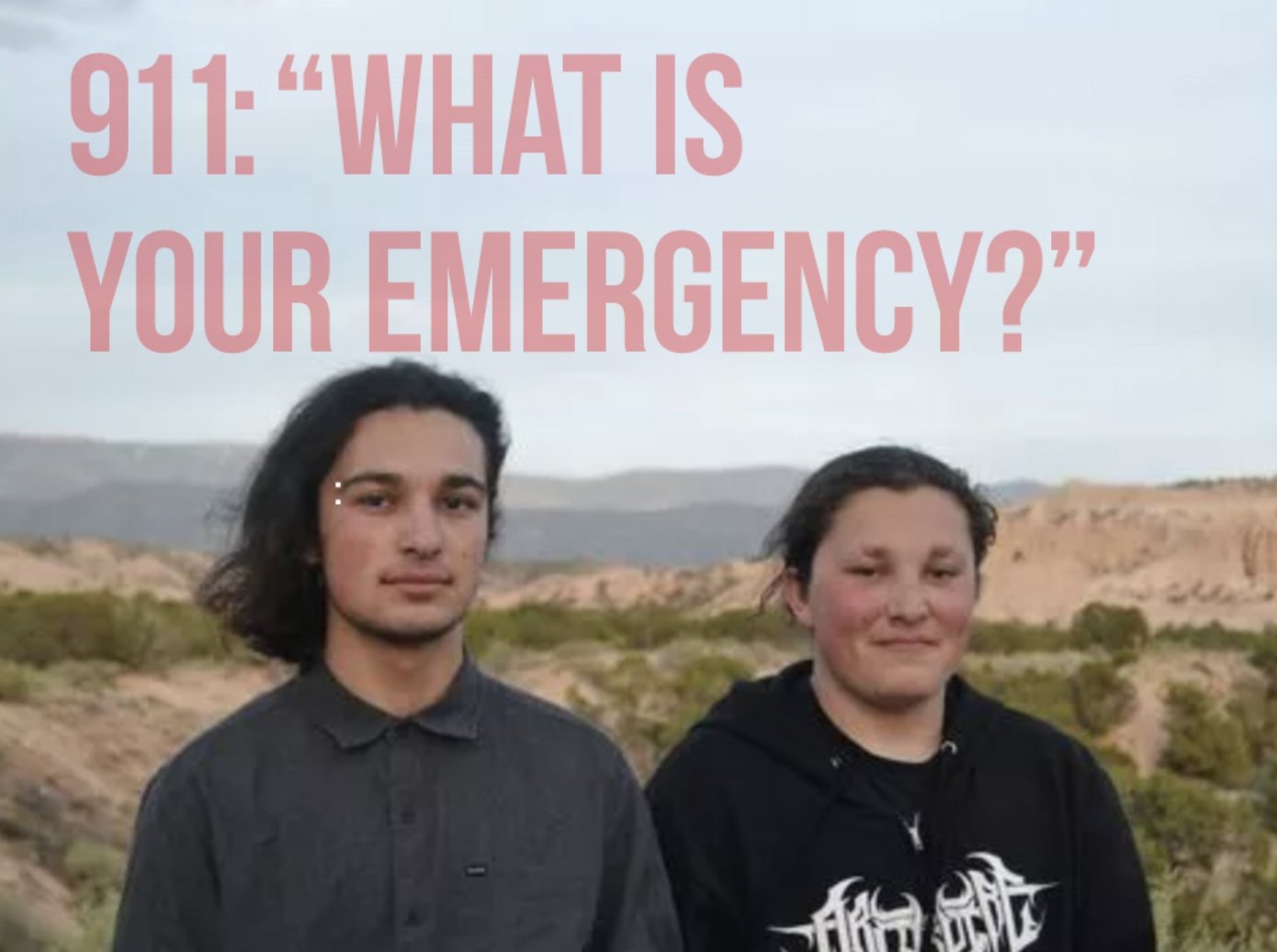Encountering and Accommodating the “Other”
My heart broke when I listened to the recording of a 911 call made to police by a woman on a campus tour at Colorado State University to report two young men who had joined the tour because “They just really stand out. When I asked what they were wanting to study I could tell they were making stuff up because one of them started to laugh about it” and their “behavior is just really odd.” She described the two young men as “Hispanic,” noting that one stated that he was “from Mexico.” She added: :If it's nothing, I'm sorry, but they, it actually made me feel, like, sick.”
The two young men are not, in fact, “Hispanic”. They are Thomas Kanewakeron Gray, 19, and his brother Lloyd Skanahwati Gray, 17, two Mohawk brothers from Santa Cruz, New Mexico. They had saved their money and driven 7 hours to visit their dream college together. On April 30, they had joined the campus tour late.
The conversation with the 911 operator on the transcript seems to reveal the woman trying to make sense of the situation and her reaction, while also expressing doubts about her judgement. She says: It's probably nothing. I'm probably being completely paranoid with just everything that has happened. And then, later: I feel completely ridiculous. They're probably fine and just creepy kids.
When questioned later by police about their interactions with others on the tour, one of the young men explained that his brother was shy. Speaking to the Santa Fe New Mexican, educator Kara Bobroff, who is Navajo and Lakota, explained that the brothers reserved conduct followed cultural norms expected of native youth — who are often taught to be humble, as well as thoughtful about how and when to draw attention to themselves.
I wondered why this woman did not assume that two “Hispanic” youth on a college tour had legitimate business there, why their demeanor and appearance warranted a 911 call, and what had conditioned her to feel “sick” in this situation. I wondered about her experiences interacting with people outside of her own cultural, class, ethnic or racial group. And how often she has had to move beyond bias and prejudice and integrate new knowledge or experiences into her frames of reference about other cultural groups. In short: What lead this woman to see these kids as a threat instead of accepting that even if they were “different” that they were innocent and due respect?
Psychologist Jean Piaget developed the term accommodation to describe what occurs when new information or experiences cause you to modify your existing schemas. Rather than make the new information fit into an existing schema, you change the schema in order to accommodate the new information. In a diverse community, this is a crucial process for building genuine and respectful relationships.
As adults, parents and community members, we are responsible for creating the conditions for our young people to succeed. I know the value of this from my personal experience. When I entered a new, predominately Anglo school in 5th grade, my father was summoned to my school to discuss my reluctance to speak up in class though I was an excellent student. When I was in high school, I wore all black, had my head partially shaved and wore heavy eye make-up. I was fortunate that I had adults around me who saw through my shyness and teenage attire and helped to nurture my talents and advance my education. I believe that we as a country need to build our collective capacity to do this for every child in our midst, even if they come from a different culture than our own and we might have to stretch ourselves to see them for all their dignity, potential and individuality.
Be Strong Families cultivates our individual and collective empathy and well-being by boosting our capacity to accommodate new information about who belongs and how we treat one another. We facilitate transformative conversations, based on respect for and appreciation of others no matter how old, how young, where they come from, what they’ve experienced, where they are, how capable they are, how healthy they are, who they love. We create spaces and opportunities that allow ordinary people to experience new ways of listening to others and learn new information that can challenge our existing schemas about ourselves and one another.
Article by: Alexis Moreno

